4 Hard Realities of Life from Lupin
Screenshots taken from Netflix
Editor’s Note: This review contains some spoilers.
I’m a sucker for heist shows; so when I came across the five-part French series Lupin, I decided to give it a go. Before I knew it, it was 1 am; I had finished the fourth episode and decided I might as well watch the last one.
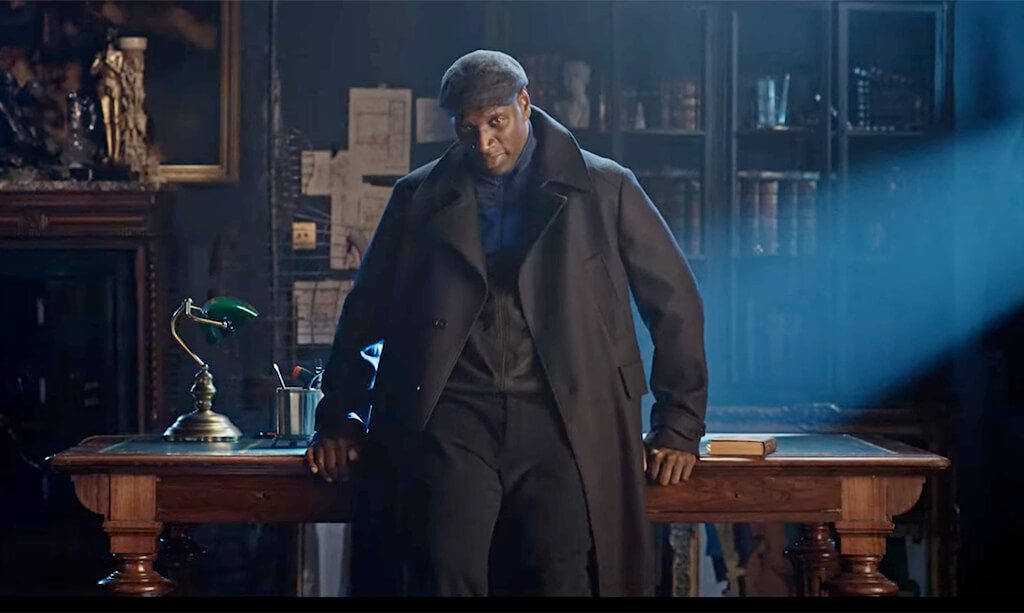
Lupin is currently Netflix’s biggest French international hit to date, and Part 2 of the series looks set to be released in the second half of the year. To me, what made Lupin so interesting was the titular character, Assane Diop (played by French actor Omar Sy), and how he outwitted the people around him at every turn. Whenever I watch shows like this, I’m always vaguely amused (and bemused) by how eagerly I root for the protagonists, even when they’re supposed to be the “bad guys”.
As a review by The Atlantic described, heist shows are thrilling because we’re encouraged to temporarily set aside our usual sense of right and wrong just so we can see the characters play out the story. It’s rather enjoyable to see how clever people can be, how they can outsmart others and circumvent the system.
Aside from the battle of wits and resourcefulness, it’s also exciting to see how what should be impossible in real life—for instance, robbing a high-security museum—becomes not only possible, but so easily accomplished. It’s Romantic (with the capital R) because it’s a defiance of limits, something that many of us long for, especially when we feel stuck in our humdrum lives.
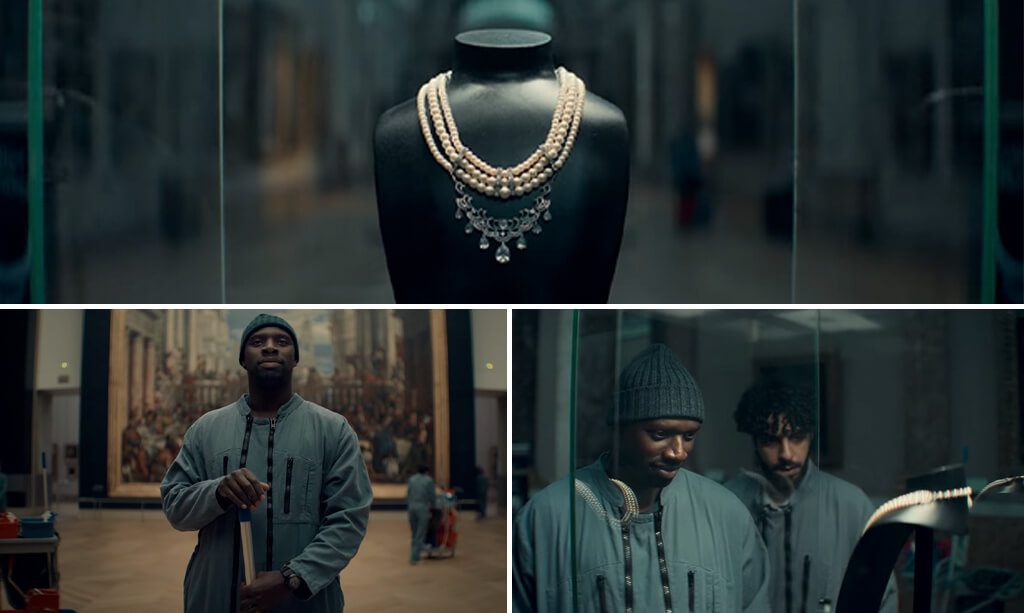
But beyond the clever manoeuvres and slick getaways, Lupin draws us in and makes us invested because of Assane’s background story—the “why” behind his crimes. It’s not just because he’s smart and too bored with life. He has a purpose: to get to “The Man”—specifically, the rich and powerful man who had framed his father years ago for a crime he did not commit, which led to his father’s suicide. What starts out as a seemingly light-hearted heist TV series turns into a quest for vindication that is about to come to fruition after years of digging and chasing.
There have been many stories like this in the last few decades, with anti-heroes becoming not only popular but pretty much the norm, which is very symptomatic of the postmodern times we’re in. Among other things, it speaks of a cynicism in us—how we feel angry and helpless in the face of injustice, the corruption of the rich and powerful, and the incompetence of the system meant to uphold truth and enforce justice. Hence, we relish the triumph of the individual who manages to overcome some of these, even if through not-so-honourable means.
So when we learn of Assane’s story—how he and his father, as Senegalese in a then-predominantly white France, experienced racism and discrimination, and how their lives were upended by the greed, fear, and lies of powerful men—it becomes easy for us to sympathise with him and consider his actions justifiable.
But as the story goes on, we see the lengths he goes to in order to achieve this end—which may lead us to feel a slight discomfort at some point. But because we’re already invested in his cause, we continue with bated breath, hoping that his efforts will at least pay off in the end.
I don’t wish to glibly say that the “lesson” here is to realise that revenge is bad, or that it’s wrong to think that the end justifies the means. I like to think that most of us know this, and that we’re not obsessed with hatching revenge schemes against people who have wronged us. But perhaps, after watching the show, it’s worth reflecting on some of these realities:
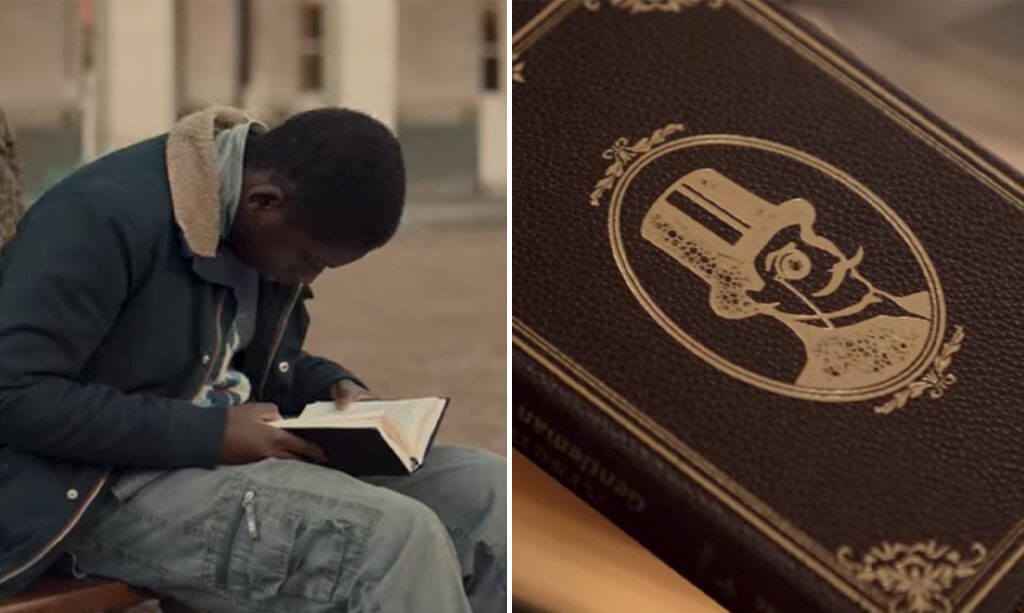
1. What we read has an effect on us
Perhaps not many will think it very realistic that Assane lives so much “by the book” (a fictional one at that), but even so, it’s worth considering how we are affected—influenced even—by what we read. In Assane’s case, the book he got had practically become his bible (at one point, he literally inserted it in a Bible so he could pretend he was reading that in front of the social services personnel).
2. Life can be very much unfair, and sometimes (or oftentimes) it doesn’t pay to just work hard and be good
Assane’s father was a kind man who knew his lot in life and worked hard so he could take care of his son. But then, he was framed for a crime and ended up dead. So it’s not hard to understand why Assane was disillusioned; he may have thought that just working hard and keeping his head down was not enough, and that it doesn’t really pay to “play by the rules”.
Looking at another character—the inspector who handled Assane’s father’s case, we can also see that he tried to do the right thing at first, but it became difficult when his family’s safety was threatened.
All this is not to say that we shouldn’t bother doing good (of course not!). But if we are doing good because subconsciously we think that “what goes around comes around” and so others will also do good to us, or that good things will result for us, we will realise at some point that that’s no guarantee at all.

3. Hatred—anger, bitterness, resentment—creates a destructive pattern; it consumes us and makes us miss out on what matters
At the start of the show, we think that perhaps Assane’s separated from his family because he’s struggling to hold on to a job. But then we see how clever he is at executing his heists, which means it shouldn’t be impossible if he decides to apply himself differently (e.g., get a decent job and live a normal life). But even having a devoted partner and a well-behaved son was not enough to make him give up his quest.
Even though his life was overturned after losing his dad, he did not realise (or was unwilling to admit) that committing to a life of crime—in a bid to seek justice—would eventually cause him greater hurt, not just to himself but to his loved ones.
4. Committing to a personal sense of justice is a slippery slope that leads to one compromise after another, until we lose sight of what’s right and true
As the story progresses, we see that Assane’s yardstick of justice is his own desire for revenge—and he goes to extreme lengths to dig out the truth, which include kidnapping, threatening, and invading others’ privacy. His schemes end up endangering those around him, and he ends up facing a second tragedy because of his relentless pursuit for revenge.
When we watch shows like this, it can be tricky to not have a cynical outlook on life. Injustice is a hard reality of life and a painful consequence of sin. Yet we also know, time and again, that it never ends well when one decides to take matters of vengeance into his or her own hands.
For us Christians, when faced with injustice, we can find comfort from what David says in Psalm 37:
Do not fret because of those who are evil
or be envious of those who do wrong;
for like the grass they will soon wither,
like green plants they will soon die away. (v. 1-2)Commit your way to the Lord;
trust in him and he will do this:
He will make your righteous reward shine like the dawn,
your vindication like the noonday sun. (v. 5-6)Be still before the Lord
and wait patiently for him;
do not fret when people succeed in their ways,
when they carry out their wicked schemes.Refrain from anger and turn from wrath;
do not fret—it leads only to evil.
For those who are evil will be destroyed,
but those who hope in the Lord will inherit the land. (v. 7-9). . . for the power of the wicked will be broken,
but the Lord upholds the righteous.The blameless spend their days under the Lord’s care,
and their inheritance will endure forever. (v. 17-18)Turn from evil and do good;
then you will dwell in the land forever.
For the Lord loves the just
and will not forsake his faithful ones. (v. 27-28)
While attaining perfect justice may be impossible in this lifetime, our solace is in knowing that God will not let evil go unpunished, He will not let his own people be uncared for, and one day He will bring everything into account.
And so, as difficult as it may be, we can still continue to do good, not because we trust in good outcomes, but because we trust in a powerful, faithful, and just God.

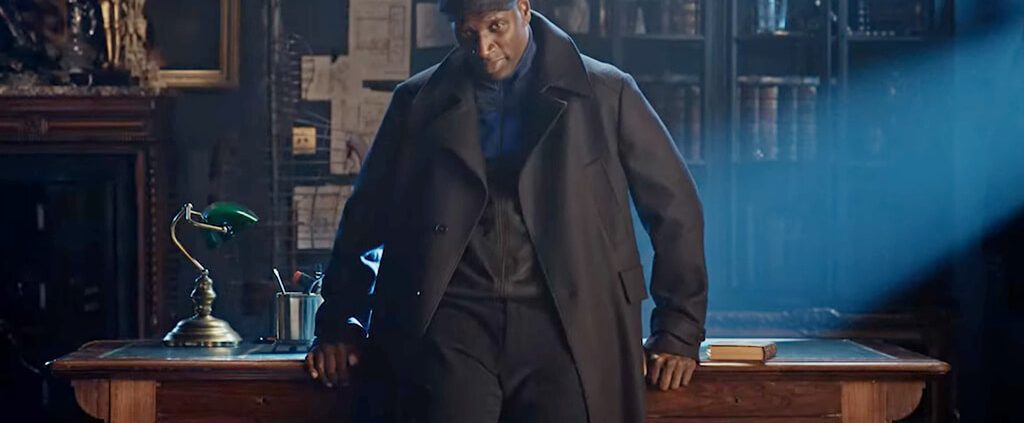
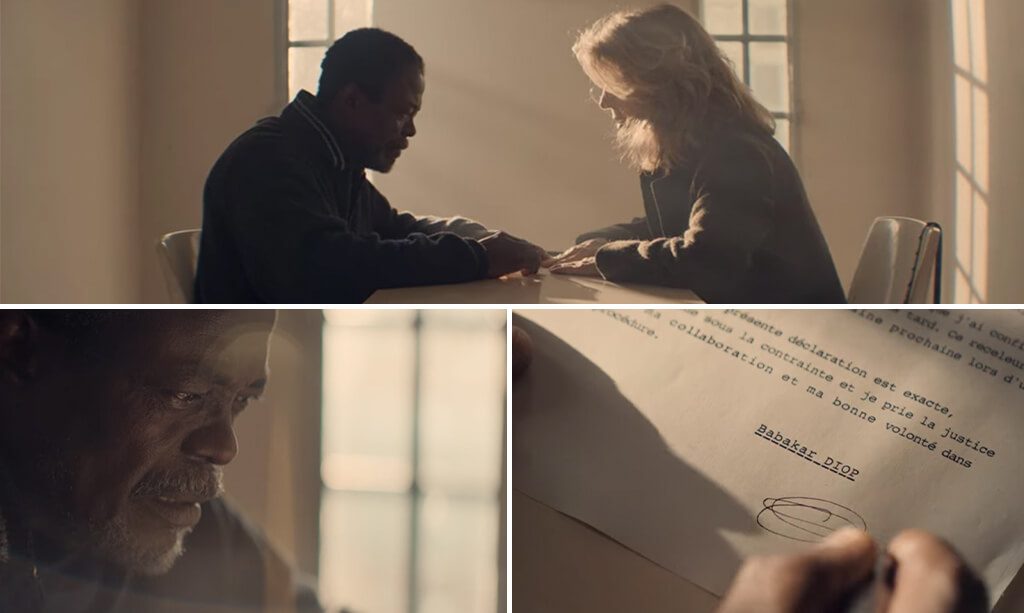

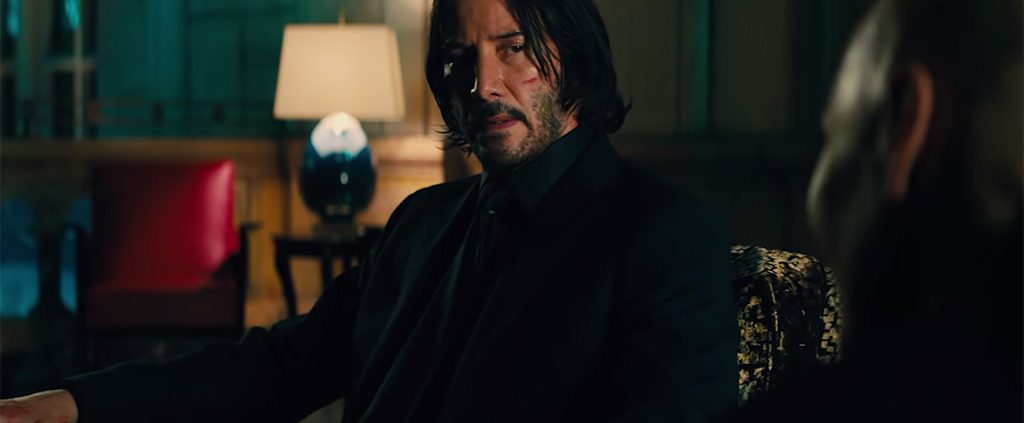








Excellent way to review Lupin from the christian perspective and talk about justice and revenge
Thanks for the article